Courses
All Courses

Transactions Allowed in a Linear Line Yard
Course Duration : 3 Month
Total Fees :
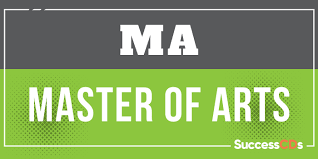
Master of Arts
Course Duration : 24 Month
Total Fees :

Basic Computer Course
Course Duration : 6 Month
Total Fees :

BACHELOR OF ARTS
Course Duration : 36 Month
Total Fees :

BACHELOR OF COMMERCE
Course Duration : 36 Month
Total Fees :
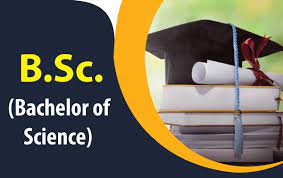
BACHELOR OF SCIENCE
Course Duration : 36 Month
Total Fees :
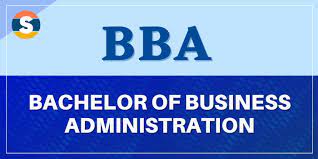
BACHELOR OF BUSINESS ADMINISTRATION
Course Duration : 36 Month
Total Fees :

master of social work
Course Duration : 24 Month
Total Fees :

diploma in computer application
Course Duration : 12 Month
Total Fees :

Post Graduate Diploma in Computer Application
Course Duration : 12 Month
Total Fees :
Bachelor of Technology
Course Duration : 48 Month
Total Fees :
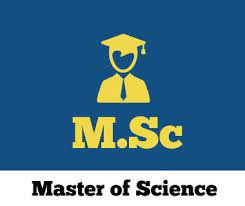
Master of Science
Course Duration : 24 Month
Total Fees :

Master of Commerce
Course Duration : 24 Month
Total Fees :
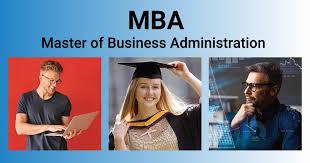
Master of Business Administration
Course Duration : 24 Month
Total Fees :
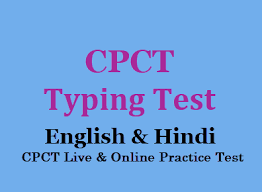
CPCT
Course Duration : 3 Month
Total Fees :
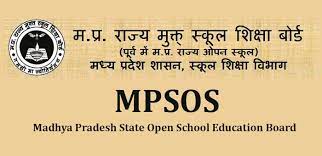
10th samany yojna
Course Duration : 12 Month
Total Fees :

12th Samany yojna
Course Duration : 12 Month
Total Fees :

10th credit yojna
Course Duration : 6 Month
Total Fees :
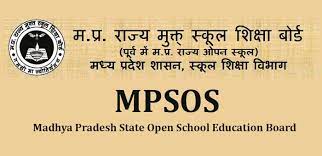
12th credit yojna
Course Duration : 6 Month
Total Fees :

Bachelor in Library and Information Science
Course Duration : 12 Month
Total Fees :
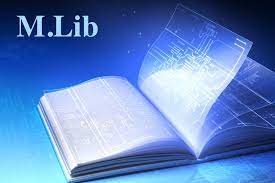
Master of Library & Information Science
Course Duration : 24 Month
Total Fees :
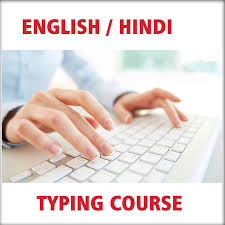
ENGLISH/HINDI
Course Duration : 3 Month
Total Fees :
health & senetry inspector
Course Duration : 12 Month
Total Fees :

polytechnic
Course Duration : 36 Month
Total Fees :
B.sc maicro biology
Course Duration : 36 Month
Total Fees :
Diploma In pharmacy
Course Duration : 24 Month
Total Fees :

ADVANCE BCC
Course Duration : 3 Month
Total Fees :

Advance diploma in computer application
Course Duration : 12 Month
Total Fees :

Tally practical accounting
Course Duration : 3 Month
Total Fees :
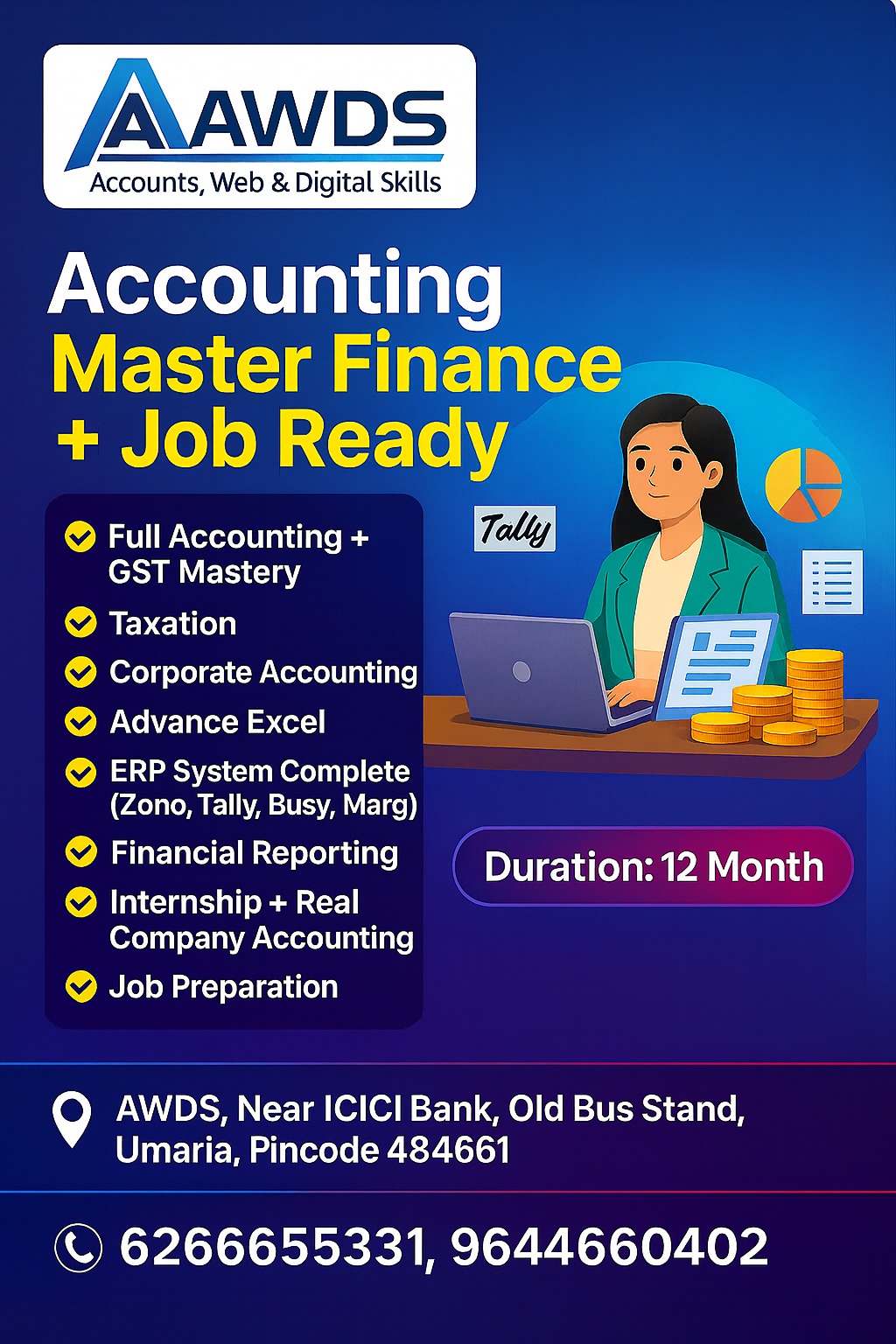
ACCOUNTING
Course Duration : 12 Month
Total Fees :
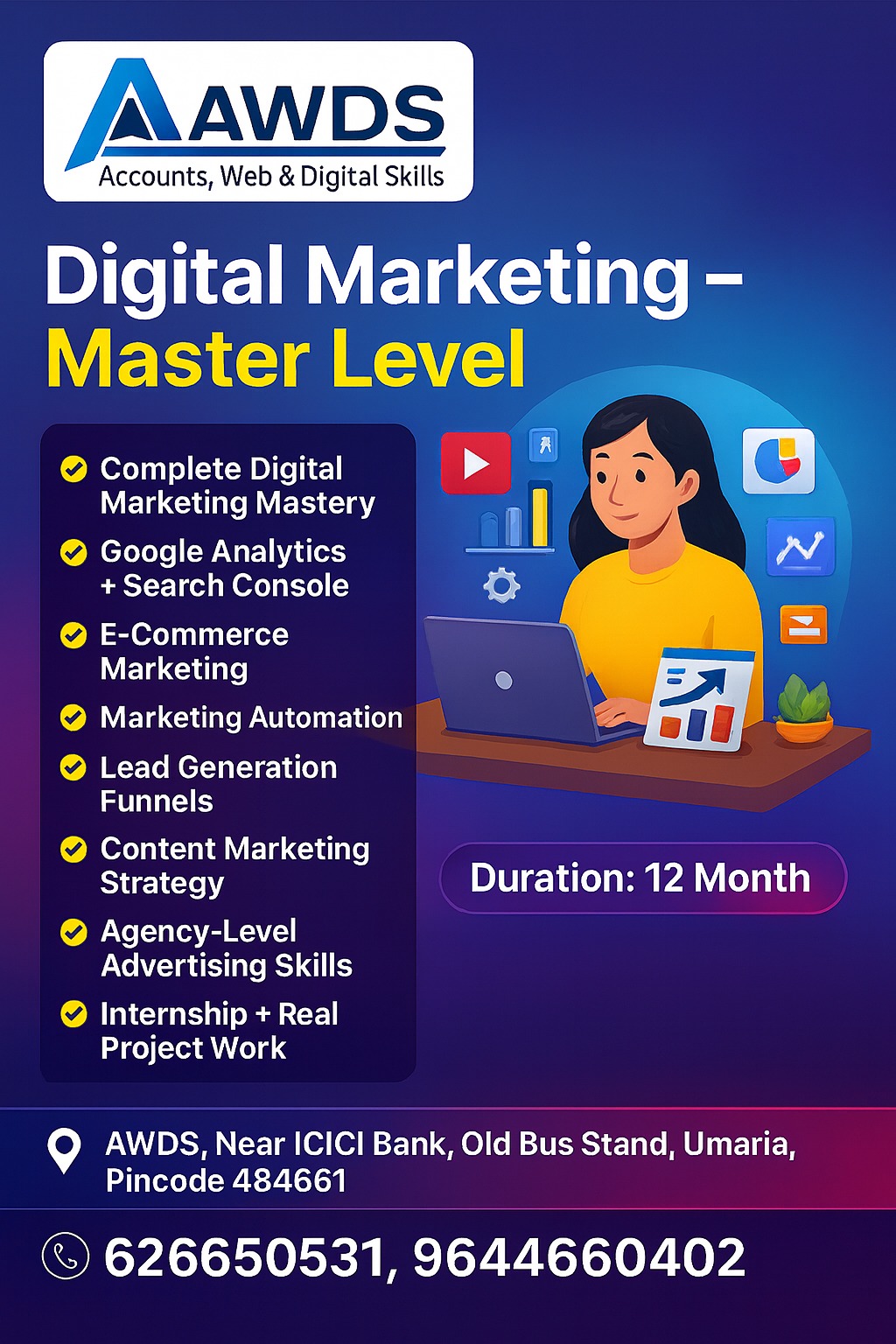
DIGITEL MARKETING MASTER LEVEL
Course Duration : 12 Month
Total Fees :
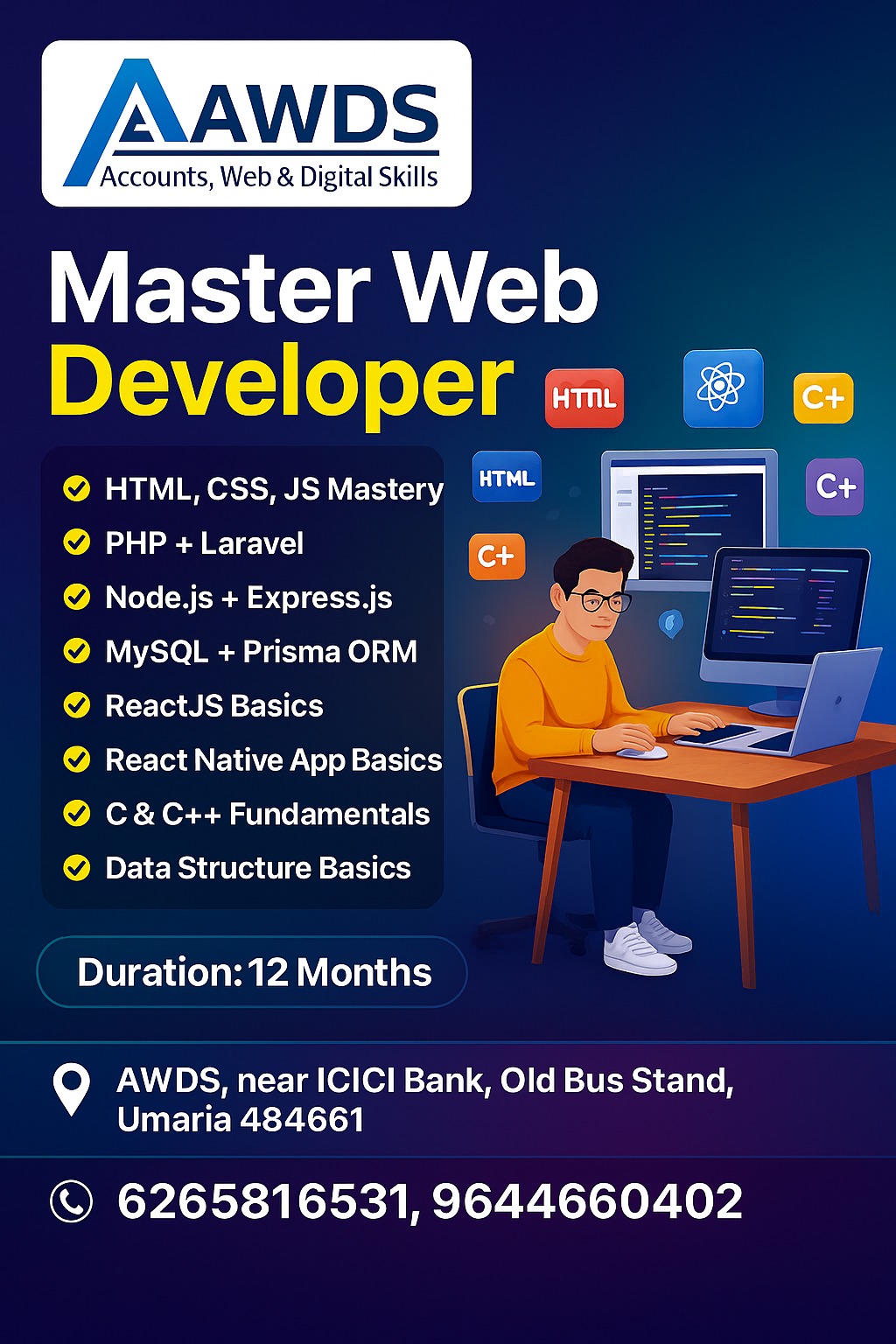
MASTER OF WEB DEVLOPMENT
Course Duration : 12 Month
Total Fees :
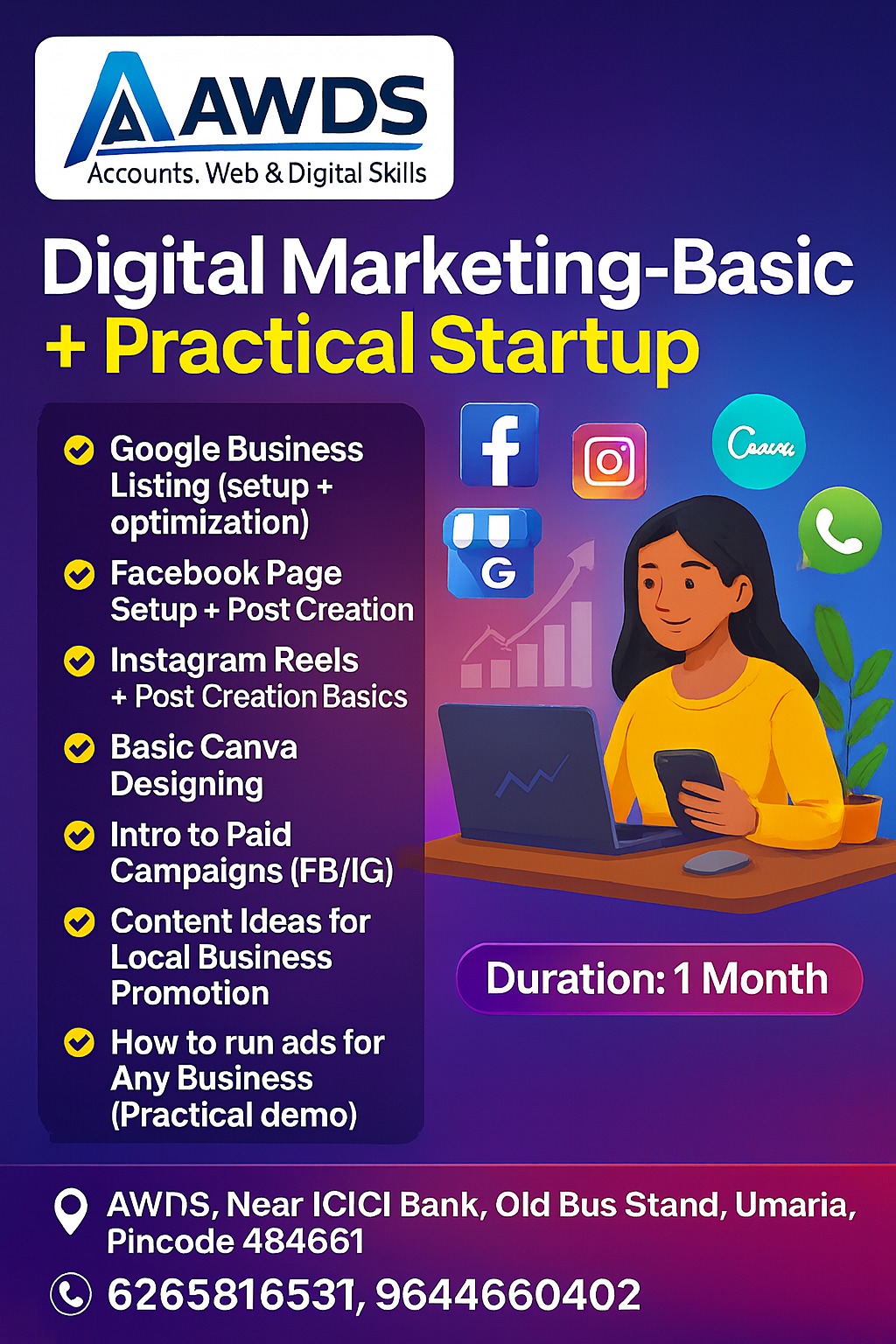
DIGITEL MARKETING
Course Duration : 1 Month
Total Fees :
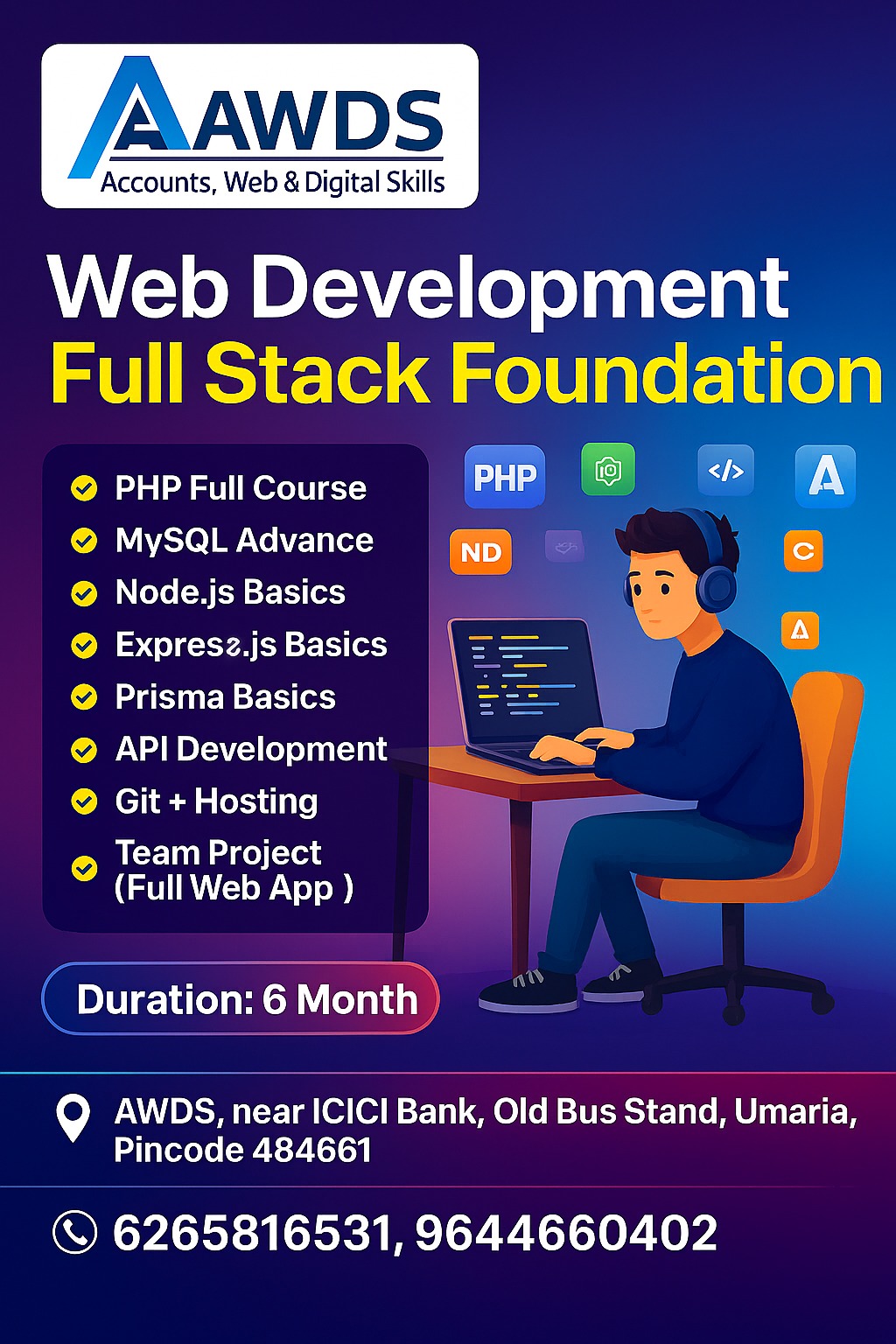
WEB DEVLOPMENT
Course Duration : 6 Month
Total Fees :

DIGITEL MARKETING PRL
Course Duration : 6 Month
Total Fees :
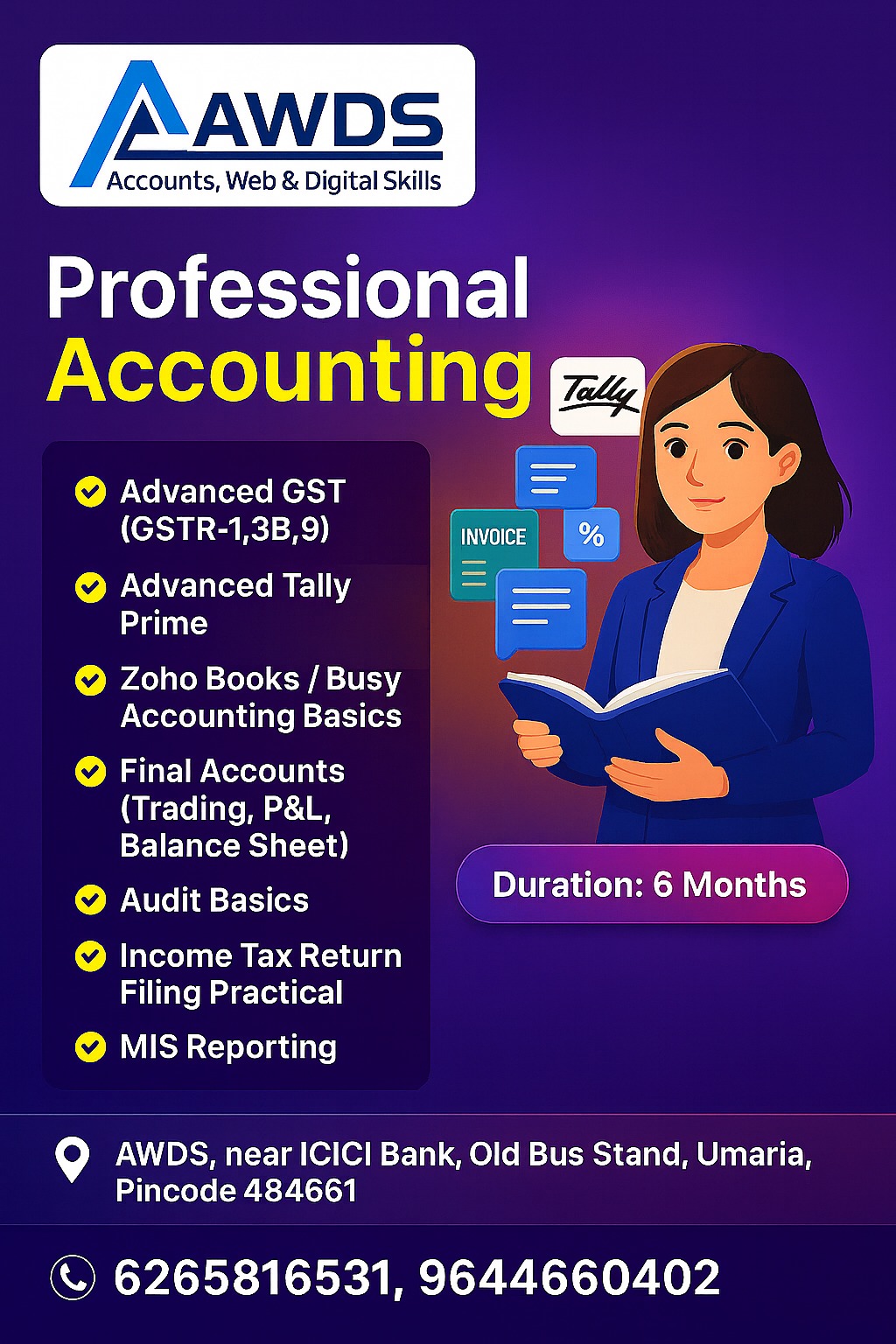
ACCOUNTING PROFESSIONAL
Course Duration : 6 Month
Total Fees :
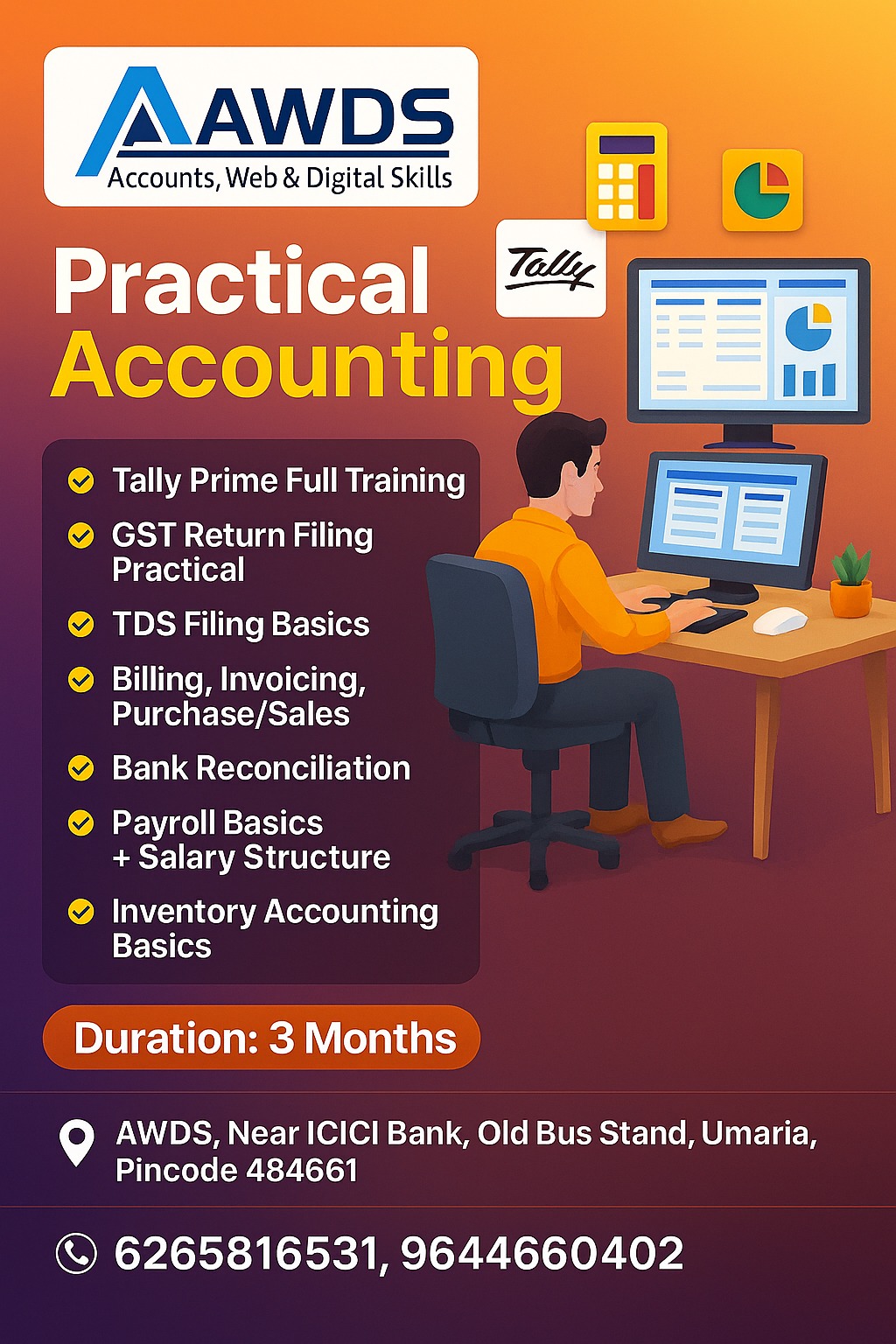
PRACTICAL ACCOUNTING
Course Duration : 3 Month
Total Fees :


